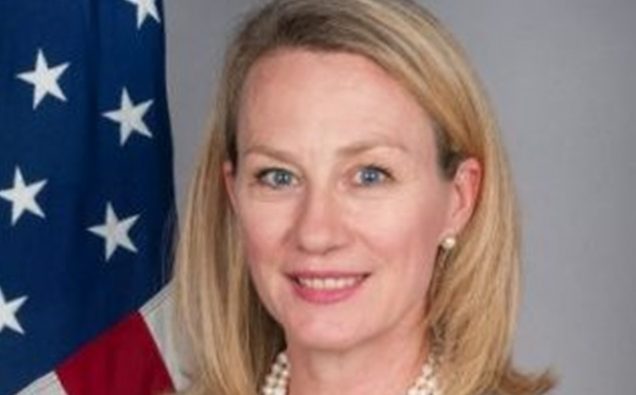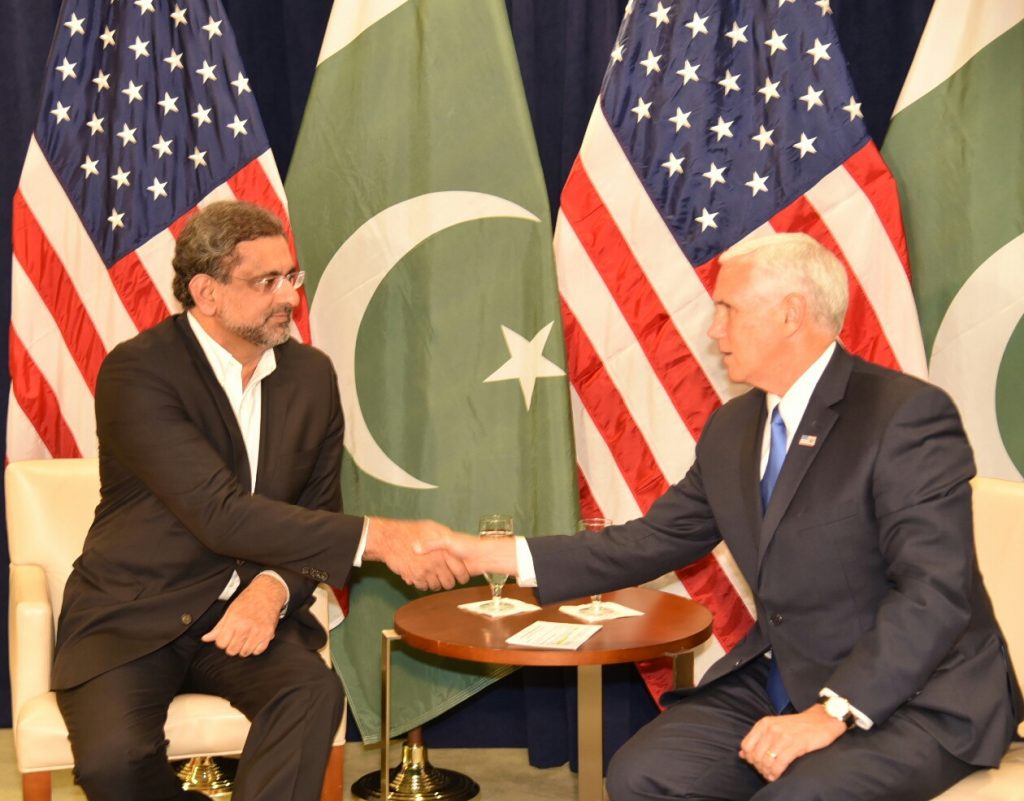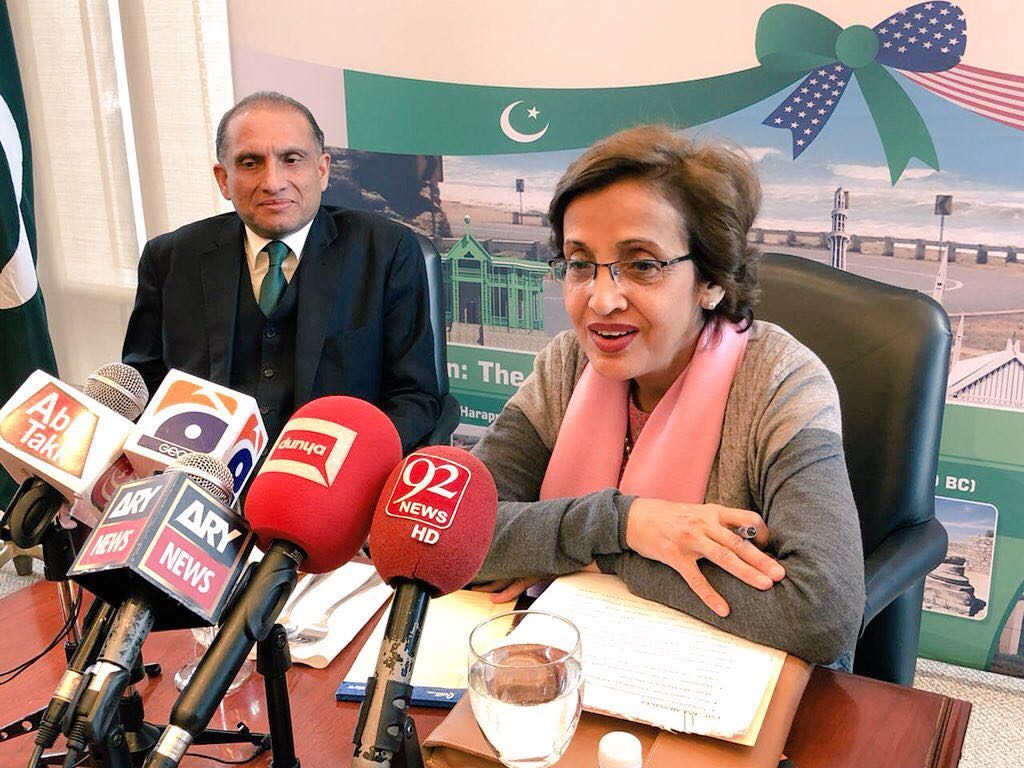
A senior official for the Bureau of South and Central Asian Affairs Alice Wells arrived in Pakistan on Wednesday as Washington seeks Pakistan’s strong action against Afghan militants amid reports that the Trump Administration may be considering some tough measures against Islamabad.
The relations between the two countries have been strained for the last several months but last week a White House aide Lisa Curtis indicated might improve quickly if Pakistan moves against all militants forcefully.
Wells has previously led the U.S. at bilateral talks in Islamabad and her visit appears to be part of a series of meetings the two countries are having as they seek to overcome differences.
The State Department says Wells will meet with U.S. Embassy staff and several senior Pakistani government officials, international organization leaders, and members of the private sector in capital Islamabad.
“While in Islamabad, Senior Bureau Official Wells will discuss our South Asia strategy and Pakistan’s stated commitment to eliminate all terrorist groups present in its country, as well as our shared interest in building economic and commercial ties that benefit both nations,” a statement said.

Vice President Mike Pence and PM Shahid Khaqan Abbasi at UN , Sept 19, 2017
Photo: Courtesy Pakistan Embassy
Wells will also travel to Karachi to meet with senior government officials and the business community.
“She will discuss our ongoing efforts to build strong economic and people-to-people ties,” the Office of the Spokesperson said.
The Trump Administration wants Islamabad to move strongly against any Afghan militants operating from its territory and supports its help with Afghan peace negotiations between the warring militants and President Ashraf Ghani’s government in Kabul.
The bilateral relations nosedived after President Trump accused Pakistan of playing a double game with regard to its approach to Afghanistan and not doing enough in return for American assistance.
Since then Washington has frozen U.S. security assistance for Pakistan and according to a report is seeking to further pressurize Islamabad to move strongly against Afghan Taliban. The options include revoking Pakistan’s status as a major non-NATO ally.

Pakistan’s Foreign Secretary Tehmina Janjua with Ambassador Aizaz Ahmad Chaudhry
Photo: Pakistan Embassy
Islamabad has complained that the United States has long ignored its security concerns about the anti-Pakistani TTP militants being able to launch attacks from their sanctuaries on the Afghan soil.
Pakistan has also voiced its deep concern over India’s role to destabilize the country with support for low-level insurgency and terrorism in Balochistan province – pivotal to the China Pakistan Economic Corridor. Pakistan also wants restoration of the U.S.-Pakistan Strategic Dialogue.
Recently the two countries have taken some initial steps to address mutual concerns and rebuild trust. But they have a lot of work to do to reset the ties into a cooperative mode in different fields.
Pakistan’s Prime Minister Shahidd Khaqani met with Vice President Mike Pence during a private visit to the United States and Foreign Secretary Tehmina Janjua accompanied by the Ambassador Aizaz Ahmad Chaudhry held meetings with several American officials.













